Your location:Home >Automotive News >
Time:2022-06-01 12:36:36Source:
According to foreign media reports, Cummins has launched a 15-liter hydrogen engine to create conditions for the development of zero-emission heavy-duty transportation.
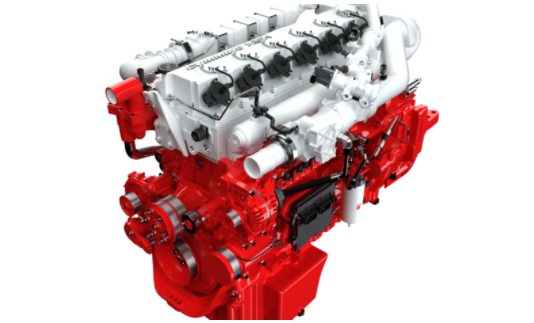
(Image credit: Cummins Inc.)
Called the X15H, the powerplant is an internal combustion engine that operates like a diesel engine but uses clean hydrogen fuel during the combustion phase.The engine is built on a fuel-agnostic engine platform.Regardless of fuel type, related products of this platform have very similar components under the head gasket, with the differences mostly above.
The hydrogen engine is expected to go into full production in 2027, along with a 6.7-liter version.Cummins did not disclose any output figures.According to preliminary test results of its hydrogen internal combustion engine technology released in July 2021, the power and torque output of the device exceeds 213 kW and 1,100 Nm.
According to reports, hydrogen internal combustion engines such as the X15H are more affordable than hydrogen fuel cellelectric vehicles(FCEVs) and can be installed on existing models with little or no modification.Jim Nebergall, general manager of Cummins' hydrogen engine division, said that over the next decade, this will promote the development of the road transportation industry and reduce greenhouse gas emissions."Users have responded well to this practical technology. These devices look like engines, sound like engines, and can be installed where an engine would normally be installed."
Cummins isn't the only engine maker investing in hydrogen-powered internal combustion engine technology.
In December 2021, Toyota introduced a hydrogen-powered version of the GR Yaris, with the same powertrain as the experimental hydrogen-powered Corolla Sport (co-developed by Toyota with Subaru) that competed in Japan's Super Endurance race. Taikyu).The GR Yaris Hydrogen Concept uses the same fuel tank and refueling mechanism as the Toyota Mirai FCEV.Injecting liquid hydrogen into the modified engine provides better responsiveness than comparable gasoline engines due to the faster combustion of the diatomic gas.
Toyota has also teamed up with Yamaha to develop a hydrogen-powered 5.0-litre V8 (335kW/540 Nm) based on the 2UR-GSE engine used in the Lexus RC F.
Meanwhile, Mazda is developing a hydrogen version of the rotary engine.
However, there is still some work to be done in developing hydrogen internal combustion engines.Compared with hydrogen fuel cell vehicles, hydrogen internal combustion engines are less expensive, more acceptable to end users, and can be installed on conventional internal combustion engine vehicles (even retrofitted), but they are not very efficient.
When used as an internal combustion engine fuel, hydrogen is nearly 30 percent more efficient than gasoline.By contrast, with fuel cell technology, hydrogen is up to 60 percent more efficient, which means doubling the range.
In addition, although the hydrogen internal combustion engine power system does not produce carbon emissions, the forced forced charging process produces polluting nitrogen oxides.In the case of hydrogen fuel cells, the only by-product is clean water.
In any case, medium to heavy duty trucks are the most emitting vehicles for transport globally, aside from air and marine.So, at least in the short term, the use of hydrogen engines like the X15H and associated integration could have a significant positive impact on the environment.
Statement: the article only represents the views of the original author and does not represent the position of this website; If there is infringement or violation, you can directly feed back to this website, and we will modify or delete it.
Picture and textrecommendation

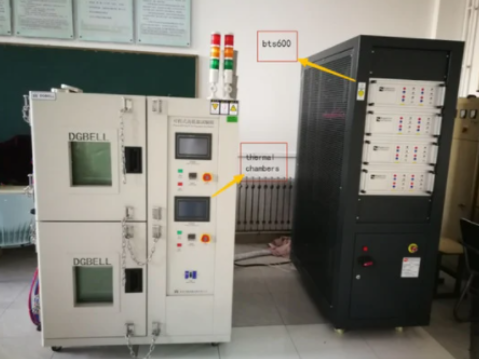
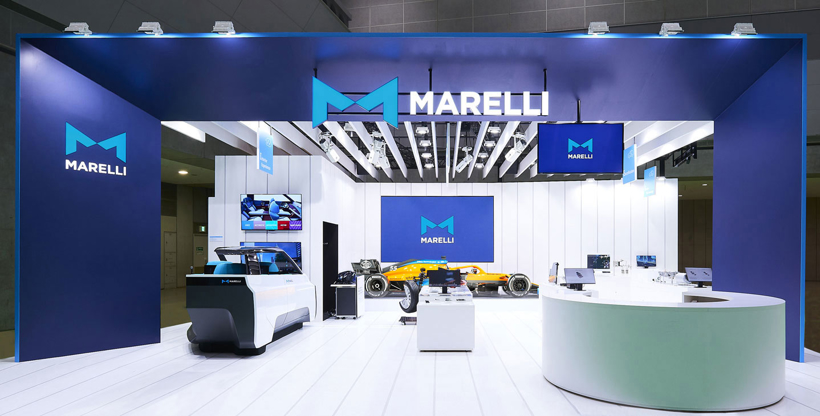
2022-06-01 12:35:07
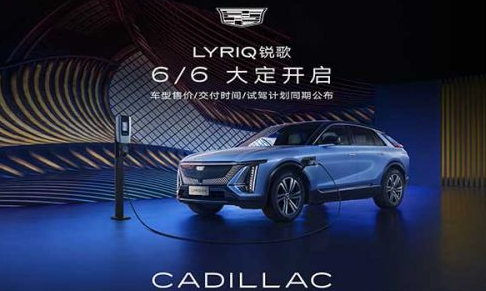
2022-06-01 12:34:30
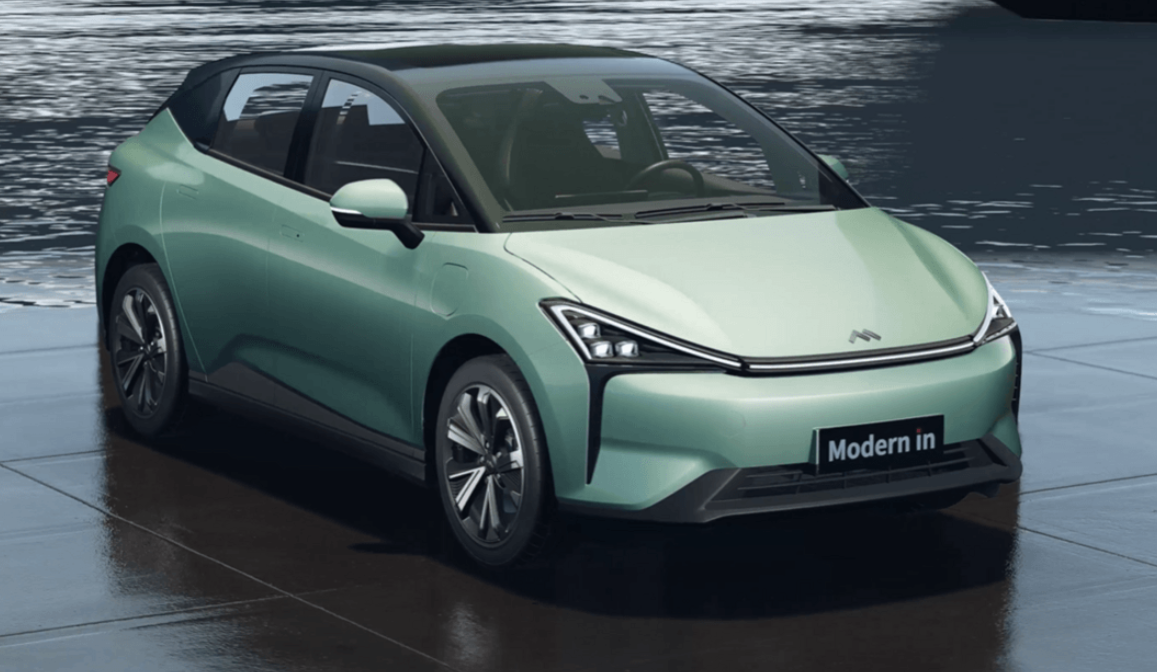
2022-06-01 12:33:46
![[New Car Quick Facts] A variety of MPVs are](http://www.bdiy.net/uploadfile/2022/0601/20220601123341571.jpg)
Hot spotsranking
Wonderfularticles
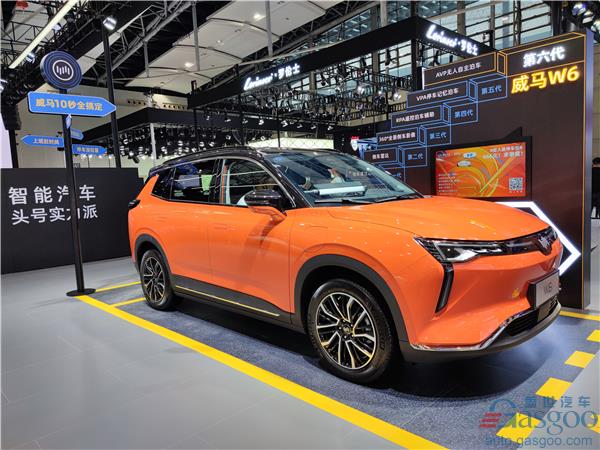
2022-06-01 12:31:32
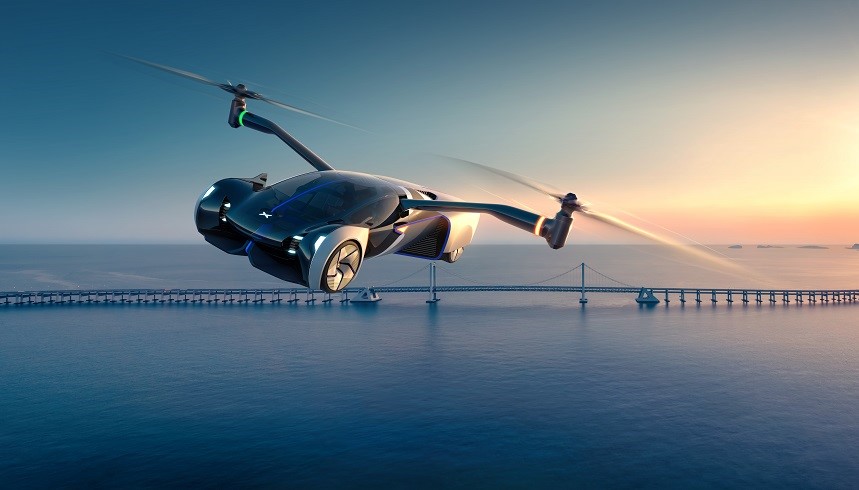
2022-06-01 12:31:07
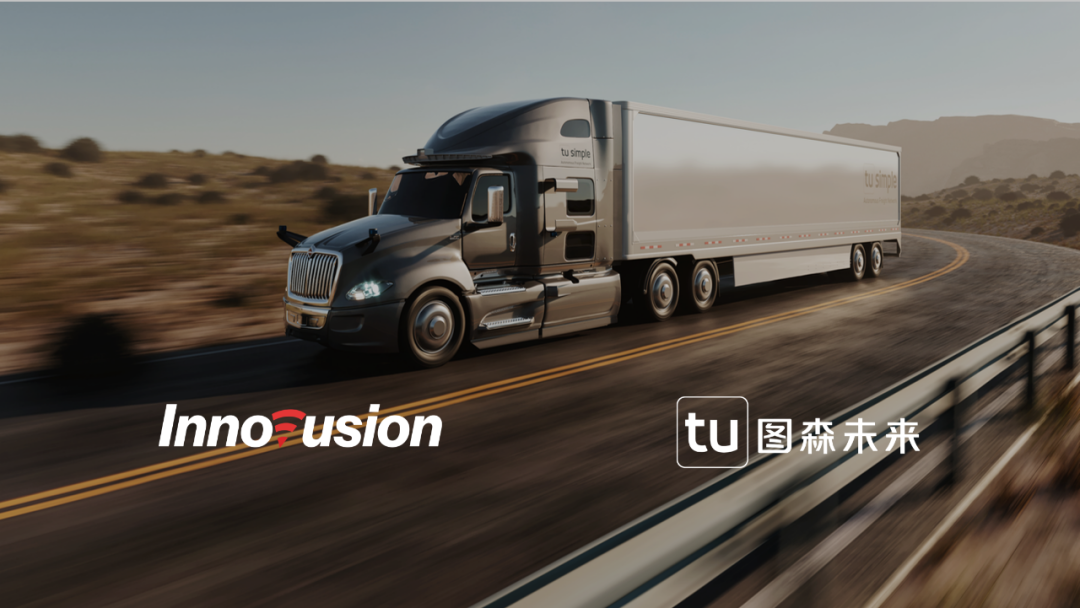
2022-06-01 12:30:37
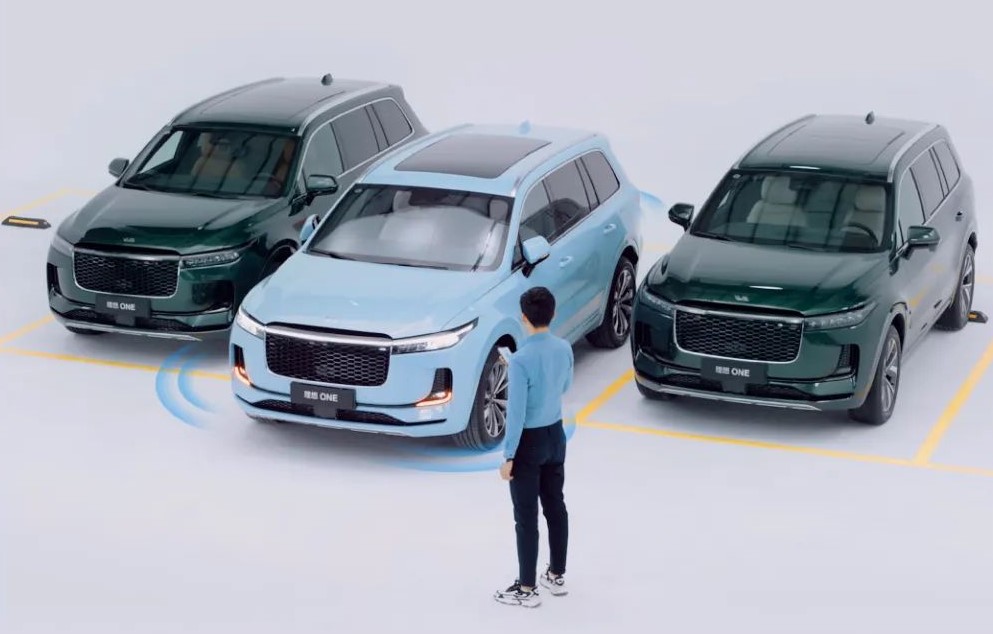
2022-06-01 12:30:08

2022-06-01 12:28:20
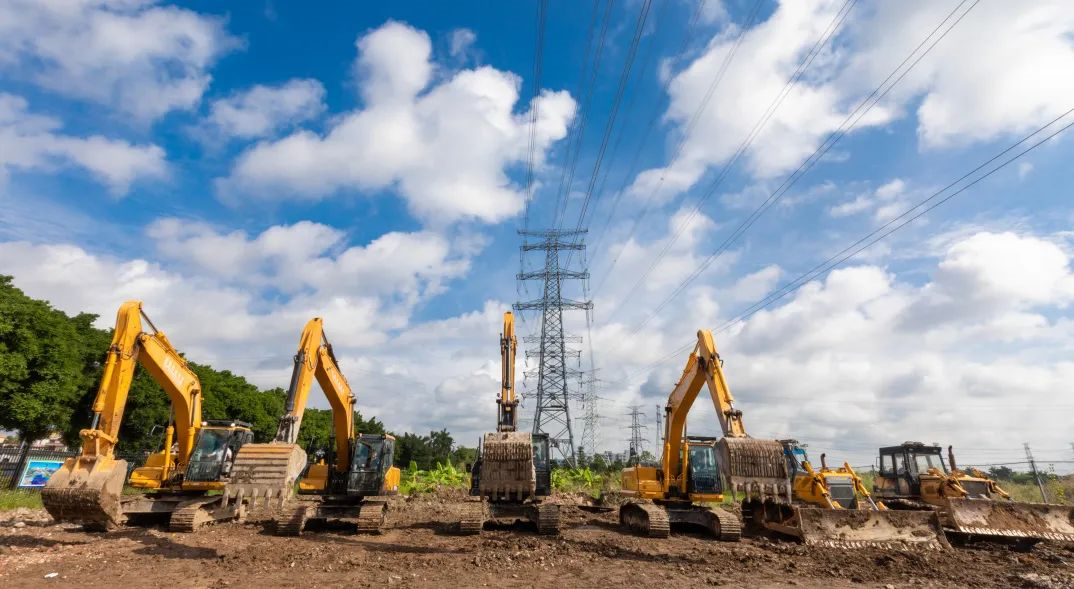
Popularrecommendations
